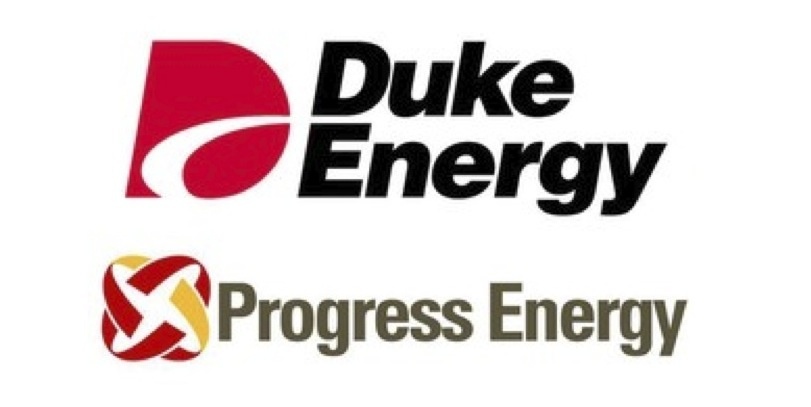Monopoly concerns hinder Duke-Progress merger plans

The Federal Energy Regulatory Commission threw a monkey wrench into Duke Energy and Progress Energy's merger plans this week over concerns about monopoly.
FERC rejected the North Carolina-based companies' plan to remedy the proposed merger's harmful effects, saying that it "does not eliminate the opportunity for the merged company to act anti-competitively."
The $26 billion merger would create the nation's largest electric utility, which would be called Duke Energy and be based in Charlotte, N.C. Two subsidiaries, Duke Energy Carolinas and Progress Energy Carolinas, would continue as operating companies in North Carolina and South Carolina. The merger would eliminate over 1,800 jobs, most of them in North Carolina.
Duke and Progress announced the merger plans in January of this year, and FERC initially ruled in September that the proposal was not acceptable. In response, the companies promised to limit their profit of certain wholesale power sales, but that wasn't enough to satisfy the regulatory agency.
The eastern North Carolina cities of New Bern and Rocky Mount have fought the merger, arguing that the combined utility would manipulate electricity prices.
In an order handed down Dec. 14 -- the day before a scheduled public hearing on the merger in Washington -- the agency agreed with the cities. FERC called the companies' mitigation plan "flawed" and said their proposal to create an independent monitor "would not provide sufficient oversight of the applicants' compliance with the mitigation proposal."
While FERC hasn't rejected the merger outright, Duke and Progress have said in filings that the agency was applying standards so strict that it could make the merger unacceptable for the companies' shareholders.
The ruling means a delay for the deal, which the companies had hoped to complete by the end of this year. If Duke and Progress substantially revise their merger plans to satisfy FERC, the N.C. Utility Commission (NCUC) might have to hold another round of public hearings, which could take months.
FERC's decision comes after the NCUC's consumer advocate had approved the deal. It also comes the same week that major environmental groups struck a deal with the companies to strengthen existing energy-efficiency and renewable-power programs and to curb pollution from aged coal-fired power plants.
The Southern Environmental Law Center negotiated the agreement on behalf of the Environmental Defense Fund, Coastal Conservation League and Southern Alliance for Clean Energy. The groups intervened in the merger proceedings in an effort to make clean-energy programs a condition of the consolidation.
FERC's rejection of the merger was not the only bit of bad news for Duke Energy this week: On Monday, the former chair of the Indiana Utility Regulatory Commission (IURC) was indicted on felony charges for having improper contact with top Duke Energy officials as the company sought approval for a controversial coal gasification plant in Edwardsport, Ind.
The IURC is holding public hearings into whether Duke Energy committed fraud or concealed important facts from state regulators. It's also considering whether the company mismanaged the project. The cost estimate for the Edwardsport plant has soared from $1.9 billion to $3.3 billion, raising the possibility of rate hikes for Duke's Indiana customers.
Tags
Sue Sturgis
Sue is the former editorial director of Facing South and the Institute for Southern Studies.
